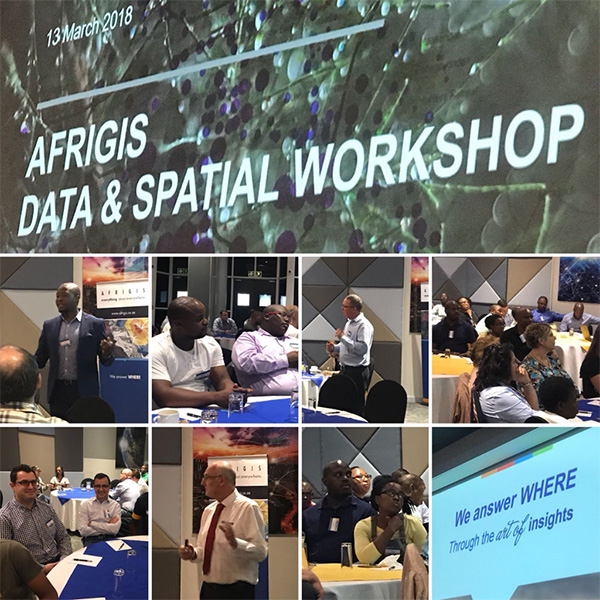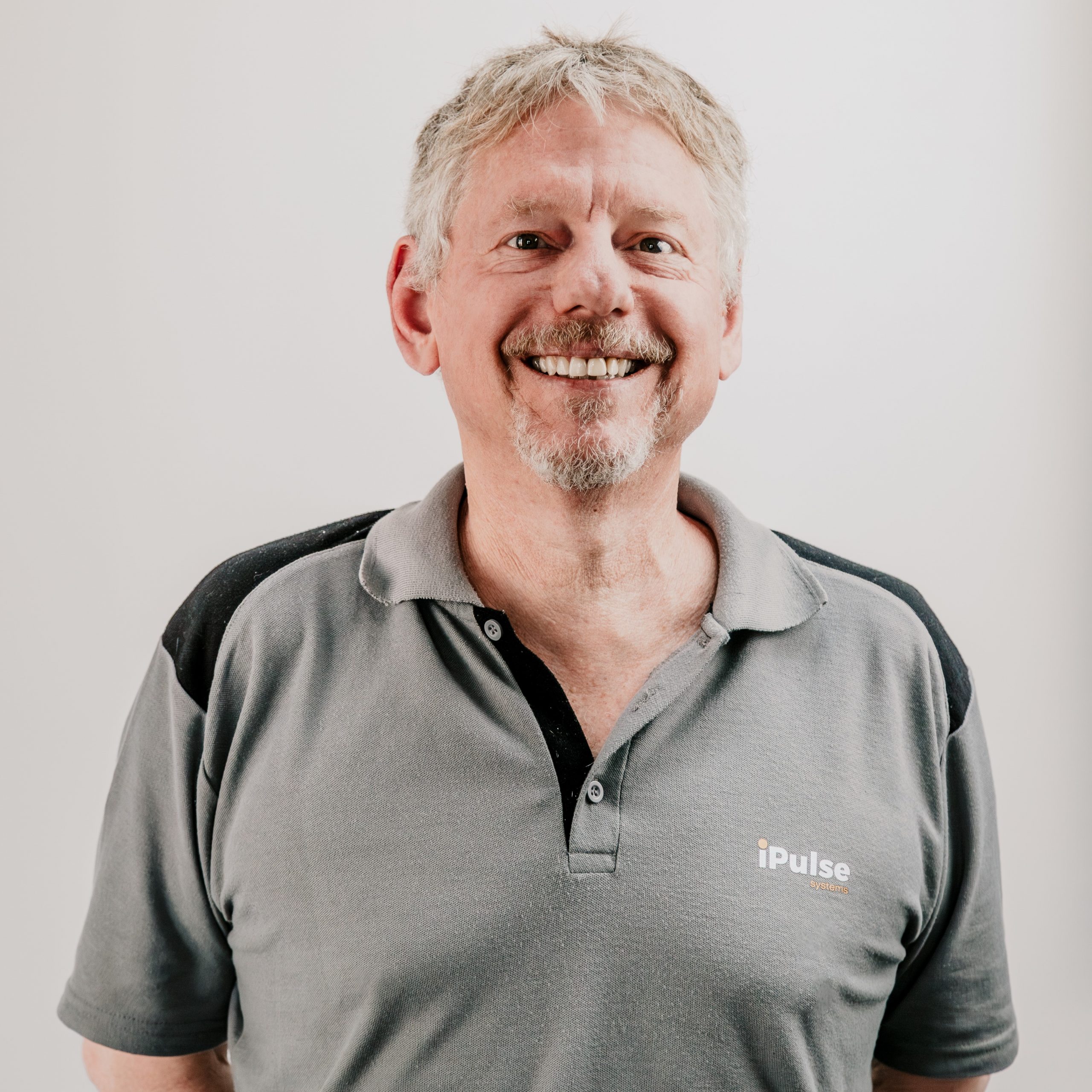The first quarter AfriGIS Data and Spatial Workshop was hosted on 13 March 2018 at the Bytes Technology Conference Centre in Midrand. The workshop highlighted various ways to make sense of Big Data. In line with the workshop theme, AfriGIS’s Chief Business Officer, Brian Civin, kicked off by highlighting framework areas for Big Data integration, warehousing and analytics. The thing is Big Data is everywhere and has been available for a while now. We are constantly told that it holds the answers to almost any problem we want to solve. While most business environments have massive amounts of data available, making sense of it and knowing how to use it has become an unequivocal challenge. However, the fact of the matter is that companies in every industry are embracing Big Data.

AfriGIS Data Expert, Christopher Ueckermann showcased the latest dataset releases and updates for the past quarter and highlighted the important changes to the datasets, such as the National Address Database, Points of Interest and what the maintenance schedules and plans for the next releases are. He also focused on Gated Communities and the major additions made in Sectional Schemes datasets. A lot of effort was made in preparing the base datasets in the last quarter, and he also stressed the need for accurate data from all different sources. “There is high value in connecting your own internal data and extracting the value of other sources of data for better analysis and sustainable improvement in your business environment.”
“Organisations don’t need Big Data strategies, but need business strategies that enable Big Data.” – Jeffrey R. Immelt, former CEO General Electric
Nhlanhla Mabaso, AfriGIS Project Manager, gave a brief background of what Big Data is and shared some of the characteristics used to describe how Big Data is applied. He then moved on to give some examples of the application area of big data analytics using one of his prominent projects, namely Vodacom as a study, to give reference to how questions are answered to make business decisions and create opportunities. He concluded his presentation by providing tips in transforming Big Data into real information that drive decision making and improving business.
In closing, AfriGIS featured Andre Voges, founder of Kredar Projects and a lecturer in Social Physics and Big Data, who took the time to present a different perspective on the application of data and disruptive technology by exploring examples and different studies on the uses of reference data, and its processes. “Data has become more interactive, as we introduce components of machine learning, artificial intelligence, and the internet of things (IoT) – what we see is Data changes on its own as it is not static, and a lot of what businesses have done up to now, has been primarily focused on the static aspect of data.” He also addressed and answered key questions on this emerging topic. “How do you take the massive explosion of data you have available and find ways to make it more practical to use? How do you take Big data and enhance it with your own data? and; as the world is evolving, what are the challenges faced in your own business environment, and in building your own sets of tools? What is the future of shared data and the privacy and ethics in shared data?”.
The answer lies in how Big Data is applied in your business environment. Having a massive amount of accurate data and knowing how to apply it is a huge task. Data is ubiquitous, but deep knowledge of insight is not. When properly applied, analysed and processed with the right tools, Big Data can help develop powerful strategies and uncover insights for effective marketing.
In closing he quoted Jeffrey R. Immelt, former CEO General Electric; “Organisations don’t need Big Data strategies, but need business strategies that enable Big Data.”

